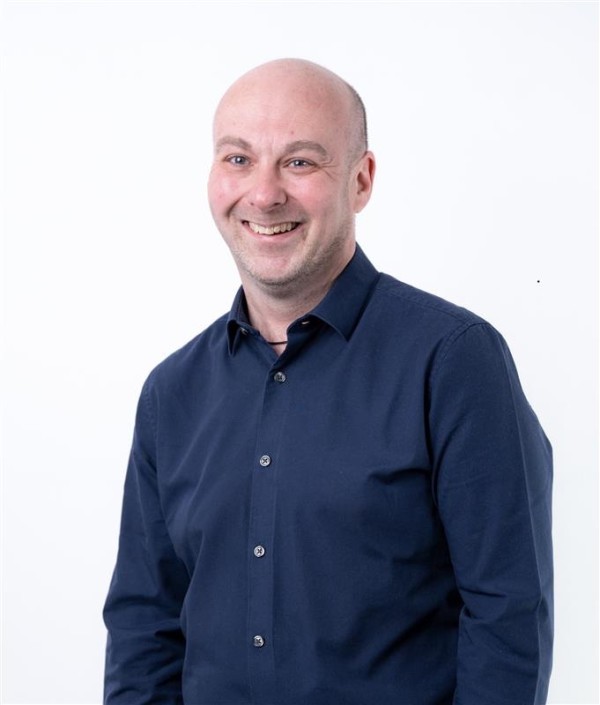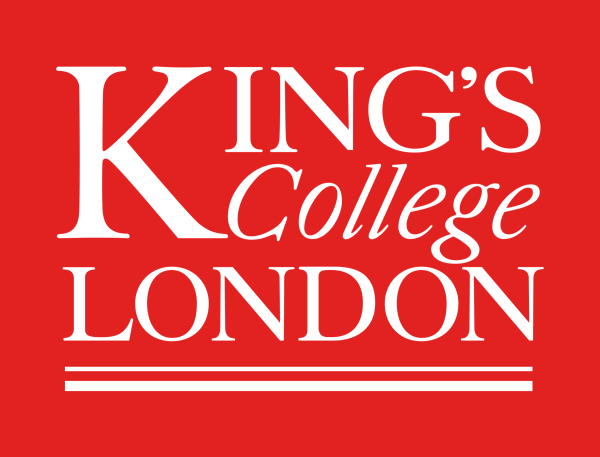

Our Joint Research Office (JRO) believes that investing in people is the most powerful way to accelerate innovation and improve patient outcomes. That’s why professional development is a top strategic priority in our mission to support world-class translational and clinical research.
A Two-Way Street: Teaching and Learning from Experience
Professional development is often framed as a one-way transfer of knowledge, from expert to learner. But in the context of research, it’s far more dynamic. Every researcher and research manager brings a unique set of experiences, insights, and challenges to the table. When we create spaces for open dialogue, mentorship, and peer learning, we unlock a powerful cycle of mutual growth.
- Researchers benefit from understanding the regulatory, financial, and operational frameworks that underpin their work.
- Research managers gain insight into the scientific and clinical complexities that drive research priorities and timelines.
By learning from each other, we build a more cohesive, agile, and informed research ecosystem.
Why It Matters: The Impact on Translational and Clinical Research
Translational research is about turning discoveries into real-world health solutions. Clinical research is about testing those solutions safely and effectively. Both require a high degree of coordination, compliance, and creativity.
Professional development ensures that:
- Researchers remain up-to-date with evolving regulations, methodologies, and technologies.
- Research managers are equipped to navigate complex governance, support innovation, and anticipate challenges.
- Teams collaborate more effectively, breaking down silos between disciplines and departments.
In short, professional development strengthens the bridge between discovery and delivery.
Our Commitment at the JRO
At the JRO, we are committed to fostering a culture of continuous learning. This includes either creating or signposting our research and research management communities to
- Tailored training programmes for both researchers and research management staff.
- Mentorship and leadership development opportunities.
- Cross-team workshops that encourage shared learning and collaboration.
We also recognise that professional development is not just about formal training. It’s about creating an environment where curiosity is encouraged, feedback is welcomed, and growth is celebrated.
Looking Ahead
As we continue to support cutting-edge research across our partnership and beyond, we know that our greatest asset is our people. By prioritising professional development, we’re not only investing in individual careers, we’re investing in the future of healthcare.
Whether you’re new to research or decades into your research career, there is always more to learn, more to share, and more to achieve.
